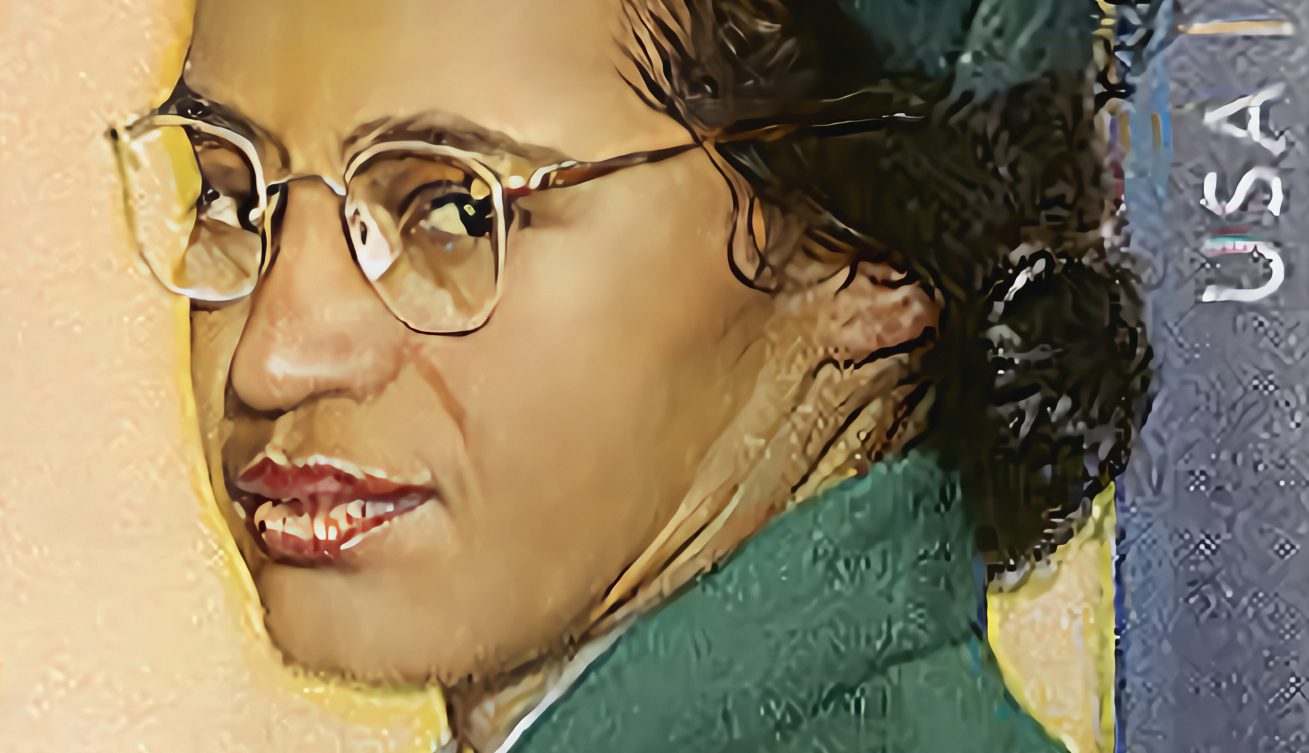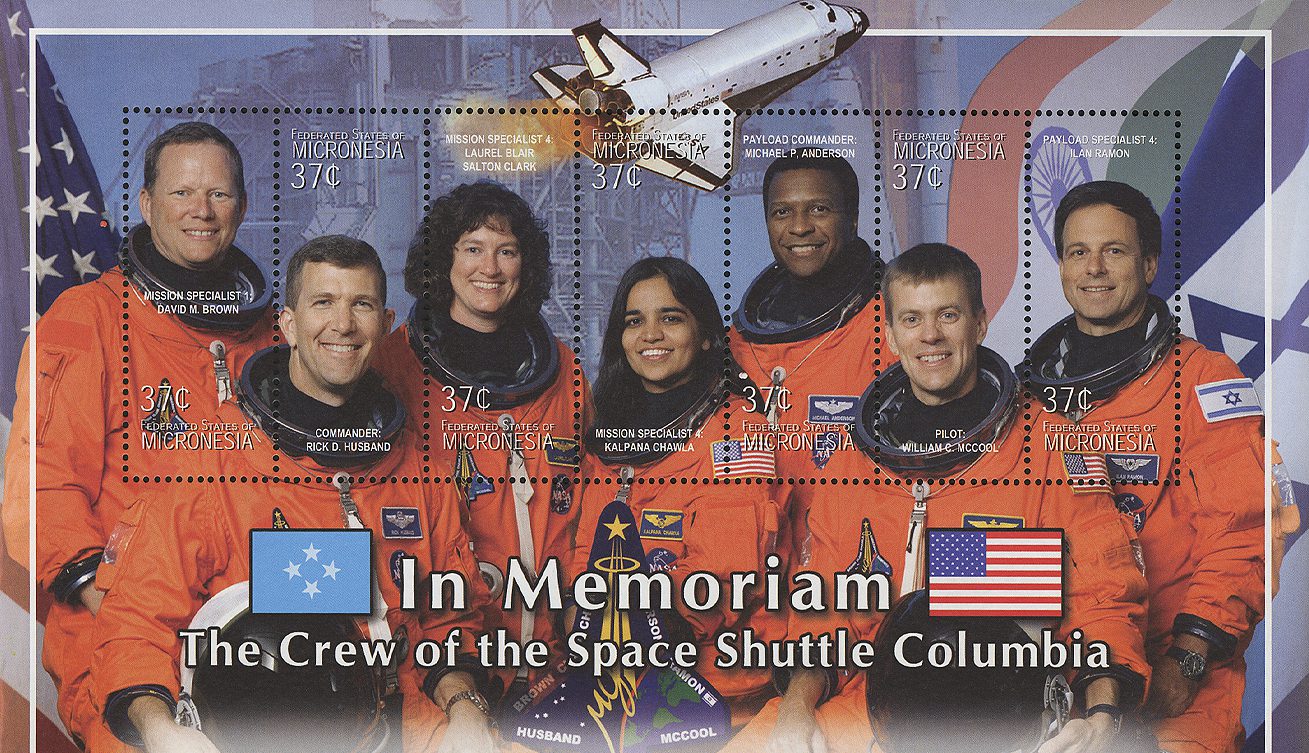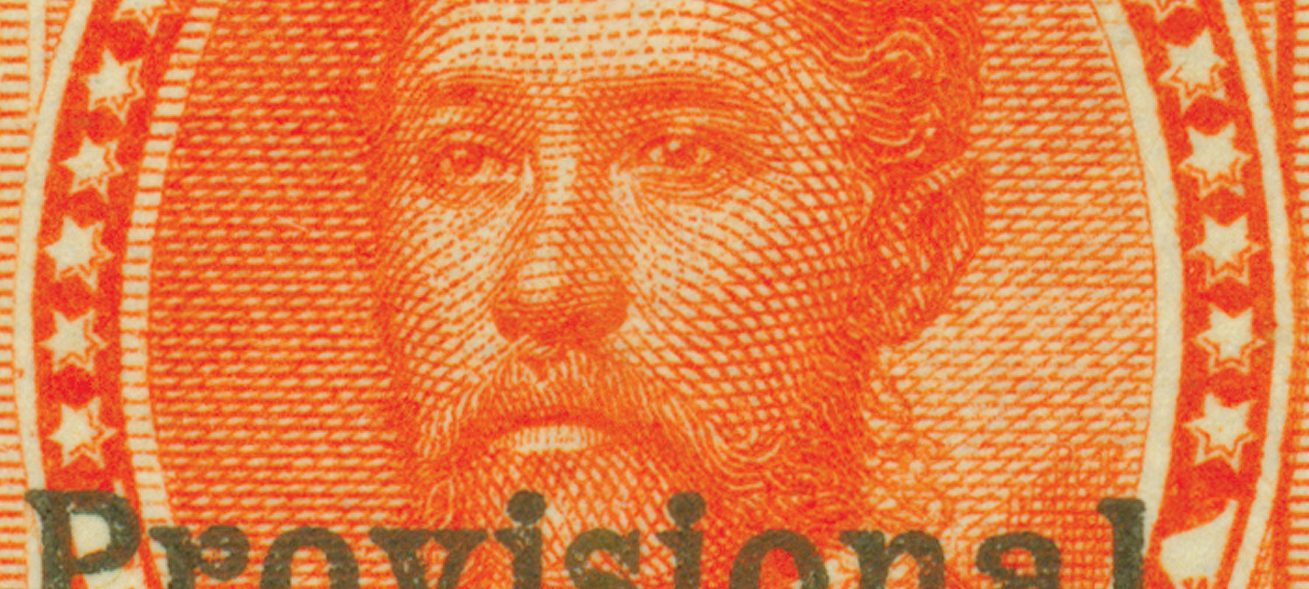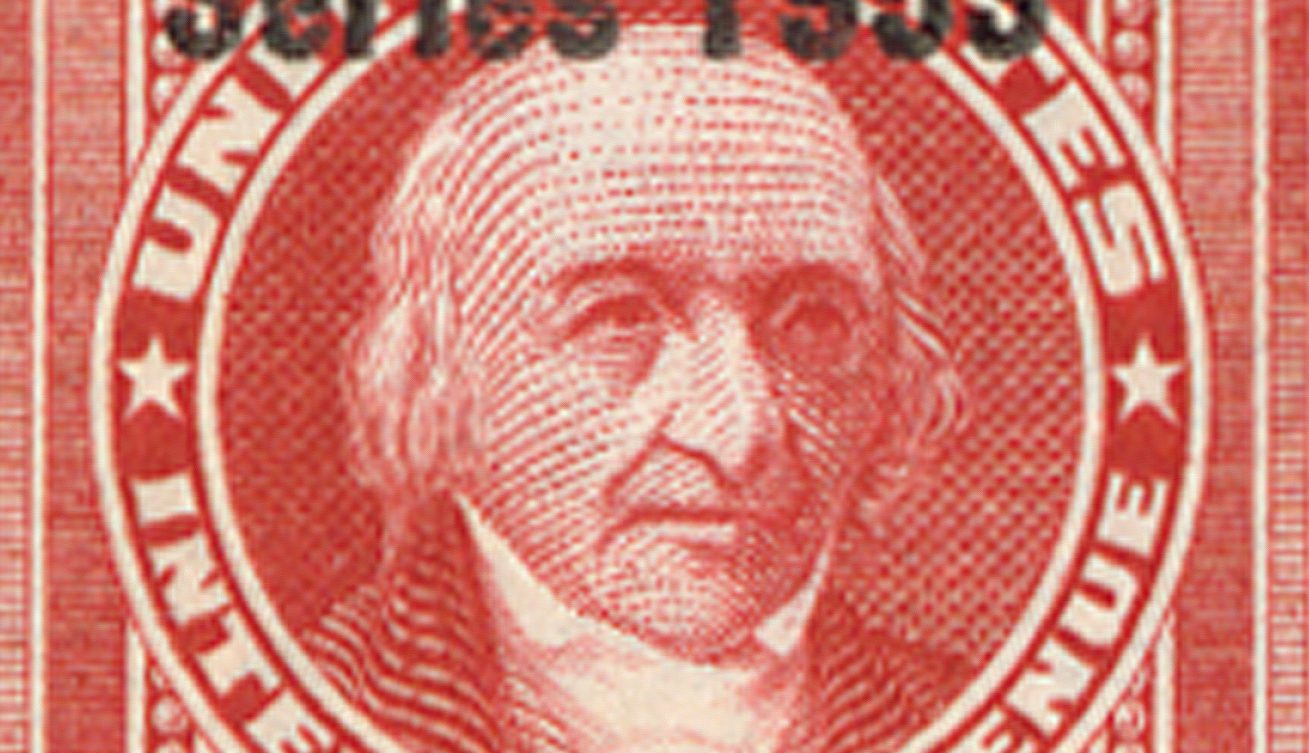Integrated Circuit Revolutionizes Modern Technology
On February 6, 1959, Texas Instruments engineer Jack Kilby filed the first patent for an integrated circuit, a modest document that described a bold new way to build electronics. That filing helped set in motion a shift from room-sized machines to pocket-sized devices that would unfold over the next several decades.









